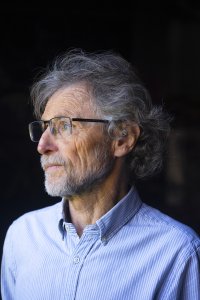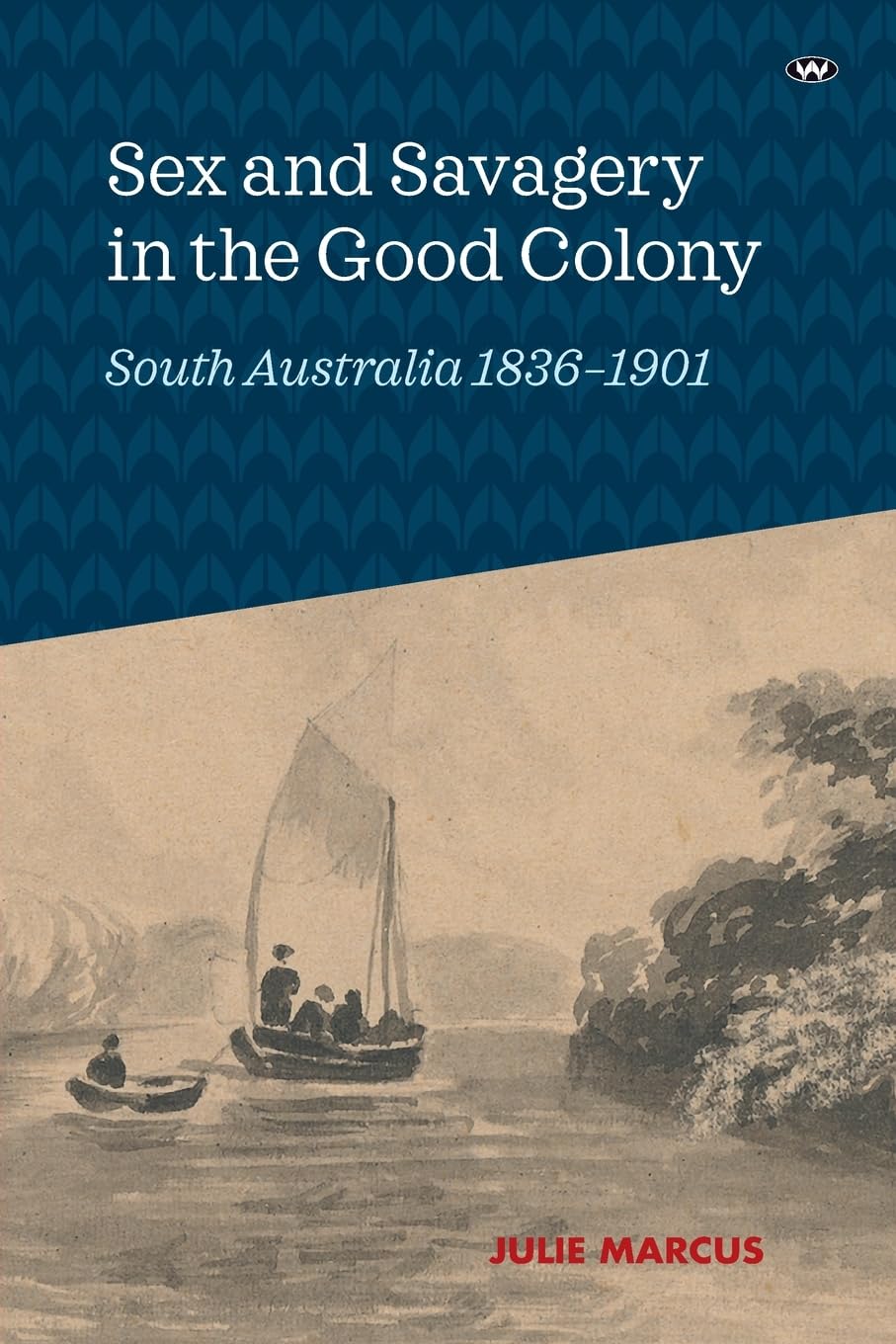State Editor's Introduction by Kevin Brophy | States of Poetry WA - Series Two
Poetry, in ‘stilling things’, as Martin Heidegger suggested in 1950, is nevertheless always restlessly active. These six voices are six stills from a fast-moving history of poetry in Western Australia. They are evidence that poetry can provide moments we can enter into in suspended silence while experiencing that movement and agitation so essential to important poetry.
Ben Lerner, in The Hatred of Poetry (2016), might be right in suggesting that the poems of ‘our moment’ are always about to fail us, but I guess for those of us interested in stilling things (and here there are echoes of William Carlos Williams), it remains important to know about things through poems, and to know poems as things.
I don’t know how different Western Australia is from the rest of Australia. I don’t even know whether there is one place called Western Australia. I suspect there are many Western Australias, and it will take many anthologies to get anywhere near a comprehensive ‘picture’ of the range of places Western Australia is. This 2017 selection is not representative of anything beyond itself, but it is also, I hope, a very Western Australian experience for readers. Each poet seems to me to represent certain aspects of the State, but also, and more importantly, each one is a voice stilling things in response to living in our moment.
Edwin Lee Mulligan (Warrda Lumbadij Bundajarrdi) works from Broome in the far north on its mangrove coastline, and is also from Noonkanbah in the Kimberley – a land once farmed by pastoralists into devastating erosion, and only won back by its Indigenous owners after nine years of legal battles. Knowing this, it is possible to connect to the stories he tells of dreaming regeneration into the land from beneath a blanket under the stars at night. His story of the crocodile participates in a long history of oral storytelling, and in the deeply human desire to find meaning, even enigmatic meaning, in the figures and events we witness in nature. Mulligan’s stories soar as jagged in front of us as those eroded cliff faces, termite mounds, and volcanic cores do throughout the central Kimberley. My conviction is that these stories need the presence of an audience. You have that role to play here. I hope you visit them and can stand still inside them.
From the southern reaches of the state, John Kinsella, fresh from his epic Graphology project (Five Islands Press, three volumes, 2016), adds to this selection a more intimate and wistful tone than we are used to from him, but still a voice that embraces Aboriginal history and Indigenous prior claim; and while pointing the finger at (for example) white destructive farming practices, he announces these as examples of the ways we all avoid truth, avoid thought, avoid responsibility, and most of all avoid lyric presence in our environment. The way he celebrates the visit of a small, rare bird nearby is something. His riff on the grasshopper revives and revises a creature that maybe offers itself as doppelgänger, mirror, scapegoat, and even an emblematic figure that should be on the State’s coat of arms. Mostly, though, I want you to read his ‘I am a Dickhead’ poem for the distinctive and unforgettable contribution it makes to Australian poetry of political protest infused with dry wit. It’s not just Western Australia that needs such a voice.
Lucy Dougan, editor of the 2016 WA States of Poetry anthology, and herself a prize-winning poet, brings the intensity, cultural savvy, and churn of big-city culture to her poetry. She too, though, is in the business of stilling things, as her superb series of meditations in The Guardians (Giramondo 2016) has shown. I trust her close-ups. Her girl on a rug with a cat is as ekphrastic as anything, so much so that the poem seems to be all picture until we pay attention to the tones sparked and carried by the line breaks. Just as in The Guardians, and in all poetry where there is room for the genuine, Dougan brings our attention to the forgotten, the cast-off, the easily ignored objects, images, memories, and animals around us. Western Australia has a world-class poet on its hands in Lucy Dougan.
Josephine Clarke is here as someone familiar to the Perth poetry scene, but nationally a new voice, and one that comes at us with a powerful opening poem that is an uncompromising portrait of a marriage at its best and worst. In relatively short free verse lines sometimes scattered on the page, Clarke picks her way through the details of experiences so deftly that you can’t be sure how she has arrived at those vivid effects and frightening ideas.
Chris Arnold is another emerging poet. His poems are mostly parts of a longer narrative sequence. In ‘Derailed’, you do feel the rails of a rhythm that would make it difficult to change one word of the poem as it descends through the page and follows a series of events dictated by a city landscape and a set of motives we can, at this stage, only guess at. There is nothing predictable or less than observant and thoughtful in each phrase and idea. I expect that this is poetry hard won from many drafts, poetry that will reward further visits because there is much to notice if one can be still with it.
Annamaria Weldon is an experienced mid-career poet whose work is poised, fresh, and confident. These poems are from a manuscript in preparation. Many poems in the developing collection are inspired by Maltese temple culture dating from the Neolithic period (5,000 BCE). Growing up in Malta, Annamaria Weldon rambled among these ruins as a child, years before they were listed as world heritage sites (temple offerings now replaced by entry fees, as she notes in ‘Goddess we trample’). She has been in Australia since 1984, and it was in Australia that she became aware of the land holding within it many ancient sacred sites. Annamaria Weldon revisited her childhood sites during an artist’s residency in Malta in 2016. Her poems approach the knowledge that these temples were there at a time that was before-writing – that they existed in a sense as the texts of their time. What is it that a Neolithic alabaster Venus is saying to us?
All in all, I am excited by the poetry given a showing in this small anthology. I think it speaks to diversity, sophistication, music, landscapes, and the engagement of Western Australian poetry with our moment.








Leave a comment
If you are an ABR subscriber, you will need to sign in to post a comment.
If you have forgotten your sign in details, or if you receive an error message when trying to submit your comment, please email your comment (and the name of the article to which it relates) to ABR Comments. We will review your comment and, subject to approval, we will post it under your name.
Please note that all comments must be approved by ABR and comply with our Terms & Conditions.